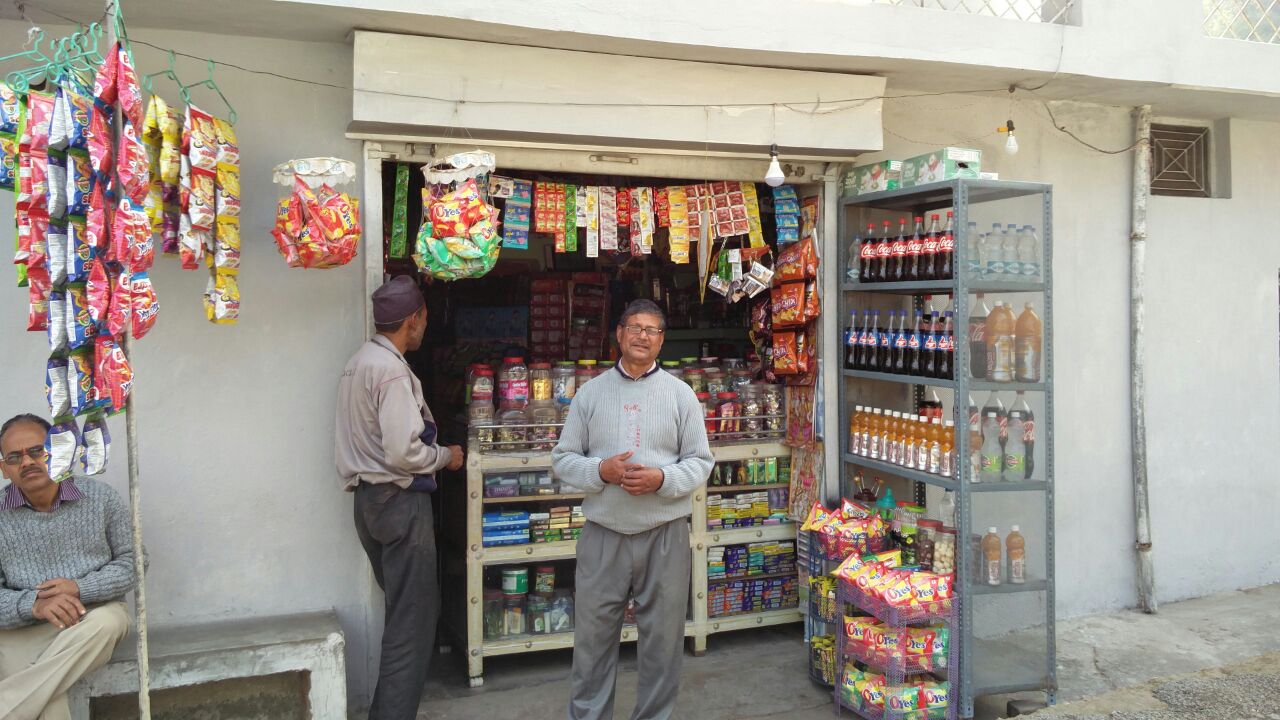A month after demonetisation, one thing is becoming increasingly clear — the note ban has made little or no dent in the fortunes of the rich. Only the poor and hardworking have suffered. Small businesses are grappling to stay afloat while thousands look at losing their livelihood come the New Year.
Forced as we are as a nation to move towards a cashless society; one that we could have done in a more phased and planned fashion. However, leave that be for the moment. We have swallowed the bitter pill and can now only pray that its debilitating effects peter out sooner rather than later.
Last week I went for a long-awaited break from the maddening city. I so needed the holiday; my brain, my eyes, my lungs…all needed to breathe. Away from the toxic fumes of New Delhi I made my way by road to the idyllic riverbanks of Rishikesh. I downloaded the Walnut app in a bid to locate any ATMs along the national highways so that I could withdraw some much-needed cash. I found none in our 242 km journey from Uttar Pradesh to Uttarakhand. A couple of ATMs showed faint hopes of having cash that was fast finishing with people standing warily in long, serpentine queues.

During the five days that I spent in the area, the cash crunch was easily visible. ATMs were running dry and always had weary lines comprising fellow Indians and several, often confused, foreigners. Locals, we were told, were helping foreigners by giving them daily supplies on credit. Our hotel owner, who was a friend, thankfully agreed to accept room rent and food bills from us through net-banking. When we ran out of the little cash that we had managed to withdraw, he also lent a few thousand bucks to see us through. The hotel owner had a good Wi-Fi connection that saw the transaction go through. On the last day of our trip, we finally struck gold in the Ram Jhula area where an ATM actually dispensed cash. Victory at last!
So while the scenic River Ganga imbued a fresh lease of energy into us, life in general was a nightmare. Most areas had poor network where even phone calls are unclear and Whatsapp is often going around in circles looking for the hope of that elusive network. None of the shops that we visited in less touristy areas had Paytm or its equivalent. As a shopkeeper told me, “There is no proper mobile connection. Forget using these new services.” So even when people had bank accounts and were ready to accept cash online, the network wasn’t strong enough to support it. Business was hit, the foreigners and other tourists were beating a hasty retreat, and the ones who were sticking around had to withstand long, arduous waits outside solitary ATMs.

And this is during normal times. What about during natural disasters or calamities? As Cyclone Vardah hit Tamil Nadu and Andhra Pradesh on Monday, how would these digital transactions be conducted? With acute paucity of currency, the people of both states would feel more than just a pinch. Was this taken into consideration, when the surgical economic strike was thrust upon us? What happens to this cashless economy push when Internet is down? When networks don’t function, can you then force an entire population to toe the cashless line?
Agreed that India needs to move towards cashless transactions but at what cost? I am the digital money-savvy person that our PM Narendra Modi talks about. I pay for almost everything online — electricity and phone bills, insurance, savings schemes, shopping etc. Hell, I even send chocolates to my mother in Kolkata through Amazon. But with few people using digital money and shoddy network, all of us, including tech-savvy people like me, look on at inconvenienced times ahead.
Disclaimer: The opinions expressed in this article are the personal opinions of the author. The facts and opinions appearing in the article do not reflect the views of NEWSD and NEWSD does not assume any responsibility or liability for the same.


















